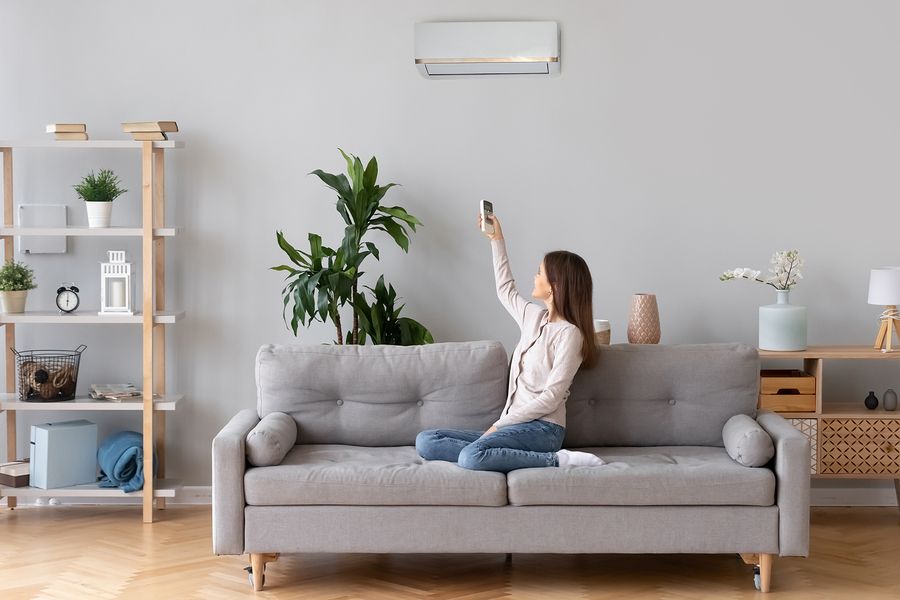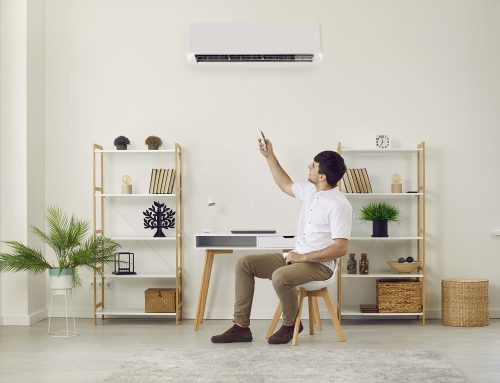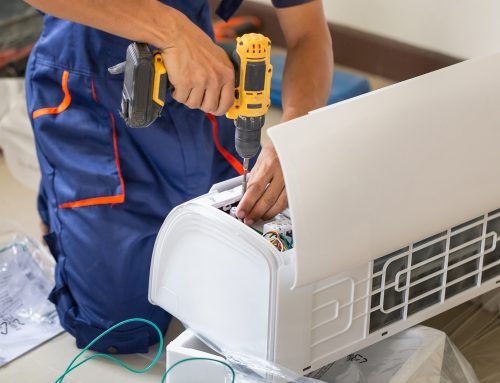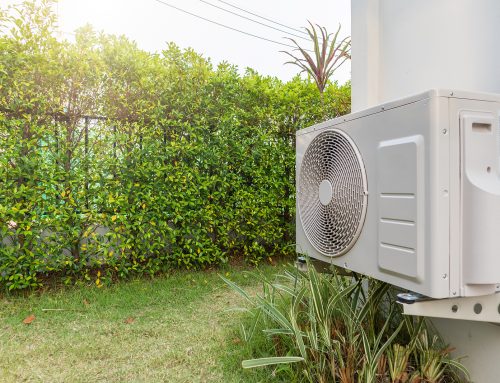The mercury’s climbing, and all you want out of your air conditioning system is raw cooling power.
On the hottest days, it’s easy to forget about your power usage, only for you to receive a nasty shock once your quarterly electricity bill comes in and the number is much higher than it usually is.
This is something that hits homeowners with split system air conditioners especially hard.
Most assume that ducted air conditioning is an energy hog, and that split systems are inherently more energy-efficient.
Just because they’re smaller doesn’t mean they won’t rack up a power bill if you keep them on 24/7!
Luckily, it doesn’t have to be this way – huge strides have been made in energy-efficiency, including in split system air conditioning.
So, what is the most efficient split system air conditioner?
What is the most efficient split system air conditioner?
It’s what you’re here to learn, isn’t it?
Unfortunately, it’s a bit hard to answer that!
While there are plenty of sites like Canstar Blue out there that compare the numbers and specs, if you ask us, you shouldn’t be focusing on these.
It’s not because the numbers are incorrect, but because they don’t tell the full picture.
Getting tunnel vision and focusing on “most efficient” is a mistake – if you ask us, the focus should be on striking the best balance between efficiency and performance.
Branding: Does brand come into it?
Some brands perform more efficiently than others, it’s true – however, once you get away from the bargain bin systems from no-name brands and come up to the leading split system air conditioning brands, the differences are marginal.
Our mobile tech team works with some of the world’s leading brands, each of which have literally pumped millions of dollars into researching more energy-efficient ways of doing things.
Whether you settle on Mitsubishi Electric or Daikin, you can rest easy knowing that you’re getting a system that’s been optimised for efficient performance.
Discover more about Mitsubishi Electric vs. Daikin.
It all depends on what you’re cooling
Just because rating websites might list a specific unit as “the most energy efficient” doesn’t mean that it’s the best one for you.
That’s because each home – and even each individual room – has its own cooling requirements.
The “most efficient” system might save power, but it might also be way undersized for your requirements, needing to run hours just to bring the temperature down a fraction.
And that just drives your power bills back up!
It’s all about matching split system installation to the room in question.
For example, a bedroom can get by with a less energy-hungry unit by way of its small size – something like your living room or kitchen however is much larger, not to mention all the stoves that are running.
Simply put, there’s no one-size-fits-all solution, which means there’s no system that’s universally the most energy-efficient!
Why system design is so important during split system installation
“System design” is an essential part of air conditioning installation – no matter the system.
It’s this process that allows our mobile tech team to identify and account for things like:
- Room volume
- Sunlight
- Insulation quality
- Ventilation
- Structural and installation concerns
- Appliances
- Internal and external unit location
There’s a lot to keep track of during ducted air conditioning installation in particular.
While often not as complicated, it’s still important that your split system installation has its own system design process.
Curious to know more about the installation process? Find out how to install a split system. Ps: did you know that you can actually move a split system? While not the ideal solution, it can be possible.
What else should your split system air conditioner have?
VRV/VRF
Thankfully, this technology has filtered down from ducted cooling systems and made its way into the majority of split systems from the major brands.
Your split system doesn’t use much energy to blow its fans – rather, most of the power usage comes from cycling and cooling refrigerants.
While your system might need to run at full tilt to bring the temperature down to a comfortable level, once it’s there you really don’t need it on full-blast.
VRV/VRF detects the ambient temperature and automatically adjusts the amount of refrigerant circulation to the lowest level needed to maintain a comfortable temperature, thereby reducing your energy usage.
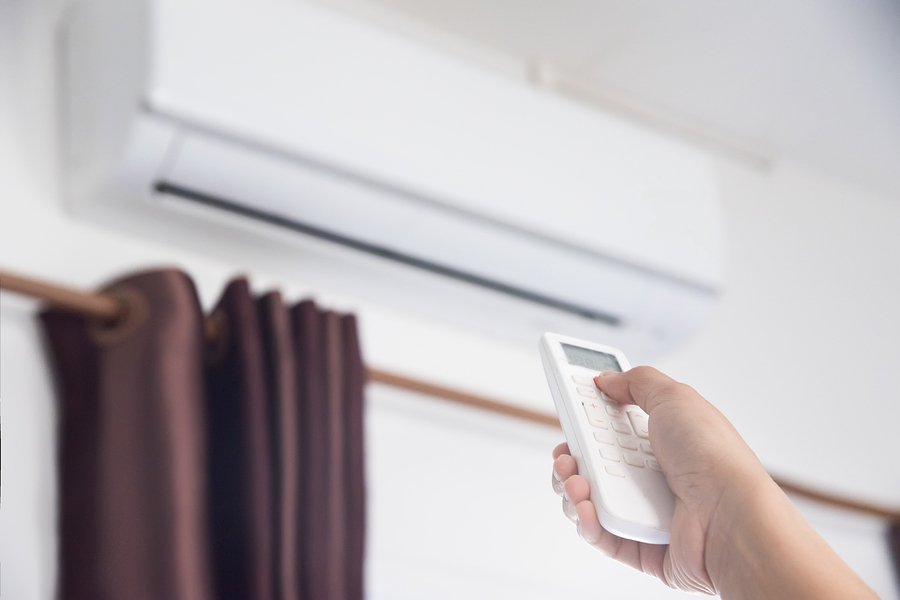
Eco mode
Otherwise known as econo mode, active energy control or something similar like that, this setting essentially locks your air conditioner in second gear, locking it to a lower performance level.
A lot of people don’t like using this mode on their split system air conditioner because it reduces performance. We aren’t going to deny that – however, that doesn’t mean that you shouldn’t use it!
If you ask us, econo mode is extremely useful if you only need to bring down the temperature by a handful of degrees. Another good idea is to save this setting for milder days, or to use this setting on split systems in rooms that see less use.
You don’t need your system’s full power in these situations, after all – why waste power and drive up your energy bill?
Find out how a split system air conditioner works.
Energy-efficiency is king with Tri-Tech
When it comes to air conditioning in Brisbane, there’s only one team to call: ours!
Tri-Tech is committed to ensuring that you get the perfect split system air conditioning systems for your home.
It’s all about finding the ideal balance between cooling power and energy-efficiency, delivering powerful cooling while also saving you money.
With a wide range of systems available and the best system design process in Brisbane, you can trust our team to find you exactly what you’re looking for! And if you’ve got problems with you split, we can help you with maintenance and repairs, too.
Don’t sweat it – Tri-Tech it! Get in touch with our team today on (07) 3394 0222, or click here to get in touch online.

